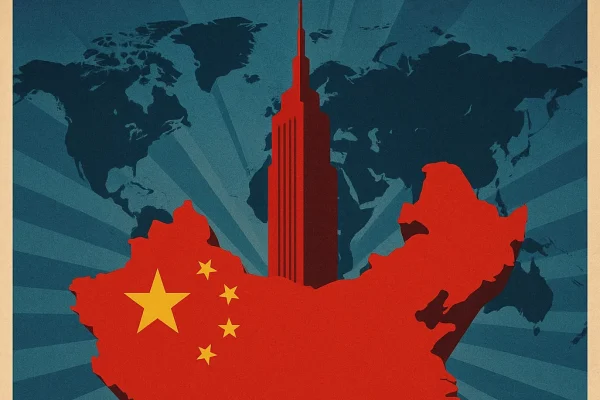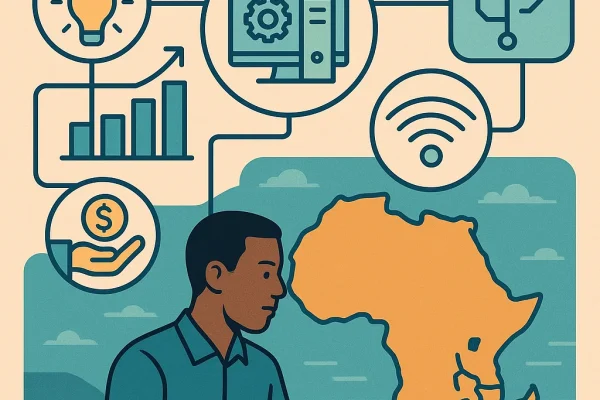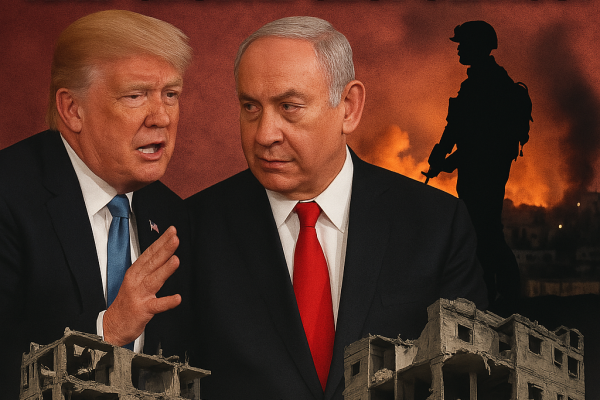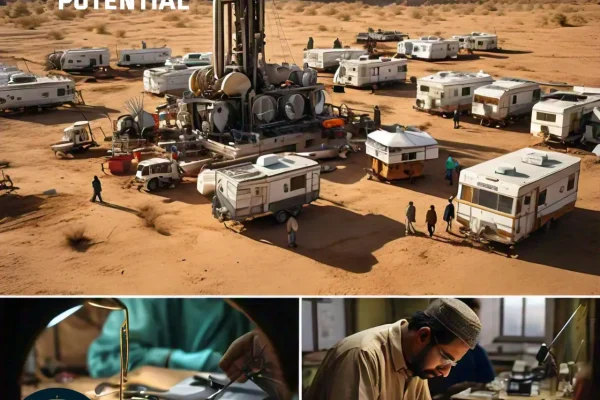
China’s Rise Without War: Why It May Never Become a Unipolar Superpower
China’s rise as a global power is undeniable, but can it ever become a unipolar superpower like the United States? History shows empires were forged through wars — from Rome to America. China, by contrast, has risen through economics, not conquest. This blog explores why China may remain an economic giant in a multipolar world rather than the sole global hegemon.
















